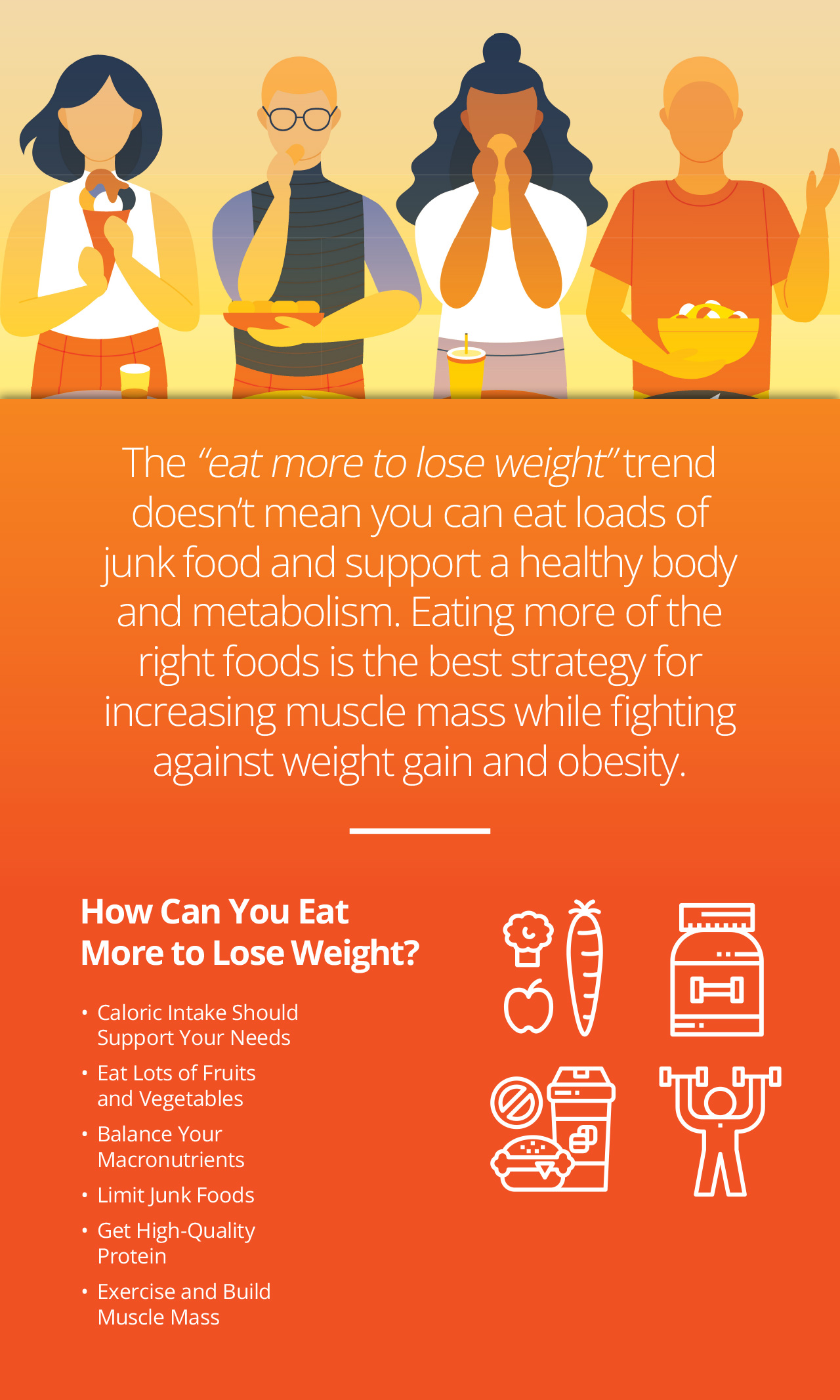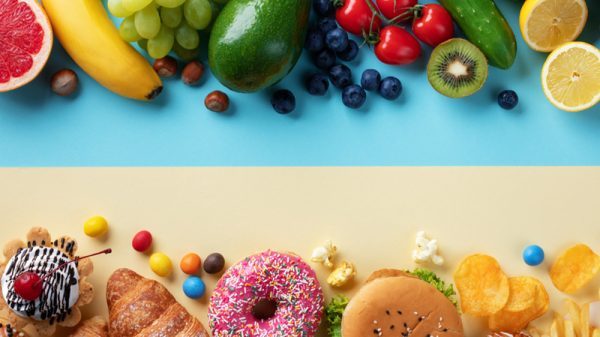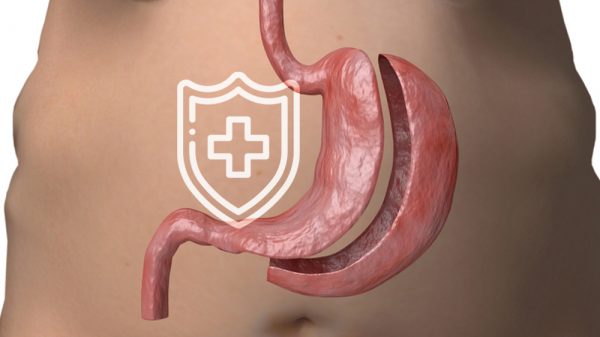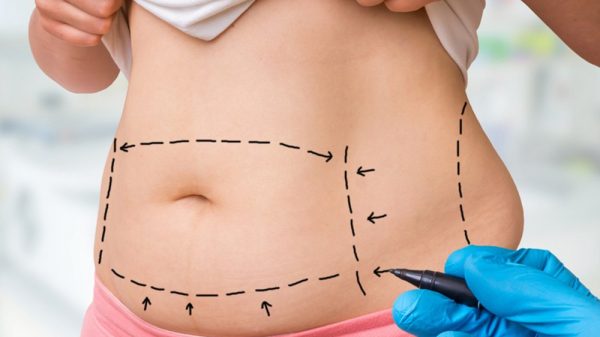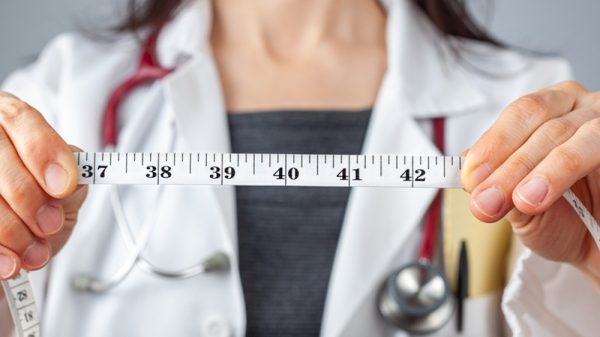Crash diets are a thing of the past. Instead, eating more to lose weight has become the best and most sustainable method to promote weight loss, strength, and overall health and well-being.
Can you eat more to lose weight? Read on to find out everything you need to know about how to eat more to lose weight and why it’s better than restrictive dieting.
How Can You Eat More to Lose Weight?
Many people might be skeptical of the strategy of eating more to lose weight. However, it is entirely possible and actually healthier than extreme restriction. Here we go through why eating more is actually good for you, and why it’s better than severely restricting your food intake.
Caloric Intake Should Support Your Needs
To support weight loss, your caloric intake should be appropriate for your ideal body mass index, activity level, gender, and age. Usually, a healthy caloric intake ranges from a 1300 calorie diet to a 3000 calorie diet, with a 2000 calorie diet being the average. Although there are exceptions, of course, diets that require that you eat 900 calories a day are almost never healthy.
What happens if you don’t eat enough calories? If you are overweight and striving to lose fat, eating fewer calories to create a moderate calorie deficit is required. However, a calorie deficit that is too big can cause significant harm to your body and metabolism.
If you are under-nourished, your body will be negatively impacted in several ways. Not getting enough calories can lead to muscle wasting, which can result in slow healing, sluggishness, weakness, and metabolic dysfunction. Depriving yourself of calories can over time cause metabolic adaption, meaning your metabolism slows down and adjusts to the lack of energy input. Your body may try to hold onto fat as extra energy reserves, to fight against starvation, which may actually increase your body fat.
In extreme cases, prolonged and extreme restriction of the amount of calories you eat can lead to serious nutrient deficiencies like protein deficiency, vitamin D deficiency, calcium deficiency, and deficiency in B vitamins.
Eat Lots of Fruits and Vegetables
Fruits and vegetables are extremely healthy foods that can help you eat more to lose weight. Fruits and veggies are nutrient-dense foods packed with micronutrients like vitamins, minerals, and antioxidants that support lower levels of systemic inflammation and oxidative stress. Improved inflammation and oxidative stress help the metabolism function more effectively while also helping reverse metabolic conditions like insulin resistance, type 2 diabetes, and fatty liver disease.
Fruits and vegetables are also filled with dietary fiber, which helps slow down the digestion and absorption of sugar. This helps protect against blood sugar spikes and metabolic dysfunction. Moreover, fruits and veggies help healthy bacteria in the gut flourish, which contributes to lower levels of inflammation in the body.
Finally, produce is also very large in volume while providing relatively few calories. The low calorie density of fresh produce can help you feel full, without consuming excess calories. For example, a huge pile of broccoli can offer the same number of calories as a small piece of candy, while offering tons more health-promoting nutrients like potassium, vitamin C, and a potent antioxidant called sulforaphane. In contrast, a piece of candy only introduces sugar and chemicals into the body, which impair healthy metabolic functioning.
In summary, fruits and vegetables are a critical part of eating more to lose weight. Aim to incorporate fruits and veggies into your meals and snacks. Excellent examples of fresh produce include carrots, broccoli, bell peppers, kale, spinach, sweet potatoes, apples, oranges, blueberries, strawberries, and bananas.
Balance Your Macronutrients
In addition to getting a sufficient number of calories, it also makes sense to balance the macronutrients you consume. Macronutrients refer to three large food particles that offer energy in our diets: carbohydrates, fat, and protein. Balancing these macronutrients helps supply your body with the right kind of nutrients that it needs to function optimally. When macronutrients are balanced for your specific needs, the metabolism runs smoothly and you are able to eat more while still losing weight.
Carbohydrates are broken down the most quickly and provide energy for immediate use. Individuals who exercise regularly require more carbs in their diets. For these individuals, carbohydrates may take up a higher proportion of their daily calorie intake. Foods like whole-grain bread, brown rice, and quinoa are excellent complex carbs to incorporate into your diet. For other individuals, a low-carb diet may be preferred.
Protein is another macronutrient that is crucial for supporting a healthy body weight. Protein is broken down more slowly into individual components. All individuals should ensure that they get sufficient levels of dietary protein. The individual components of protein are amino acids, and they are categorized as either nonessential or essential. The body requires optimal ratios of essential amino acids in order to support muscle synthesis and the production of neurotransmitters, hormones, and enzymes. Eating a high-protein diet is also important for staying satiated and full until the next meal. Individuals who engage in regular strength training usually require more protein in their diets.
Like protein, fat is also broken down slowly in the digestive system. Getting healthy fats in your diet is important for supporting cellular function while also reducing inflammation. You can get healthy fats from foods like olive oil, peanut butter, flaxseed, chia seeds, pecans, walnuts, salmon, and mackerel.
Limit Junk Foods
Junk food negatively impacts metabolic function. The harmful components of junk foods are saturated fat, added sugars, refined grains, and excess sodium. Though these ingredients make junk foods tasty, they wreak havoc on metabolic health and interfere with the body’s ability to process food effectively. By eliminating junk food and these unhealthy ingredients, you can help your body operate more smoothly and transform food particles into energy.
Added sugars and refined grains have similar negative effects on the body. When we eat foods that are rich in added sugars or refined grains, the body rapidly breaks down these foods into glucose molecules. Sugar quickly enters the bloodstream and is carried throughout the body. High levels of blood sugar trigger the pancreas to release insulin, a hormone that signals to organs and tissues to uptake the sugar to use as energy.
However, added sugars and refined grains result in such a massive blood sugar spike, that the body is unable to utilize all of the blood sugar at once. As a result, the sugar is deposited throughout the body in the form of fat. Over time the chronic consumption of sugary foods and refined grains can contribute to metabolic conditions such as insulin resistance, type two diabetes, and fatty liver disease.
So, how can you avoid added sugars and refined grains in your diet? Added sugars have been removed from their original source and added back into food products through industrial processes. You can tell if sugar has been added to foods by examining the nutrition label. If any ingredients contain syrup, fructose, or sucrose, sugar has been added to the food. In general, it’s best to steer clear of foods like ice cream, candy, soda, pastries to promote a healthy weight.
To avoid refined grains, steer clear of foods like white pasta, white bread, white rice, and any foods that contain white flour such as pastries, some granola bars, and breakfast cereal.
Saturated fats are another unhealthy component of junk foods. Saturated fat is animal fat that is found in numerous products such as cheese, whole milk, steak, bacon, and butter. Eating too much saturated fat over a long period of time can interfere with proper insulin function, and lead to an increased risk of developing insulin resistance, high blood sugar, and type two diabetes. Moreover, the excess consumption of saturated fat is linked to high cholesterol, atherosclerosis, and cardiovascular disease.
Junk foods are also extremely calorie dense, meaning you only need to eat small amounts of these foods to meet your daily calorie needs. This can leave you hungry and lead you to overeat and gain weight more easily. Cutting junk foods out of your diet supports weight loss and allows you to eat more while simultaneously losing weight.
Get High-Quality Protein
High-quality protein supports healthy metabolic function and is a crucial part of a diet in which you are eating more and not less. In particular, the essential amino acids present in protein sources support optimal metabolic functioning and rapid muscle protein synthesis. Essential amino acids also support metabolic mechanisms in the liver as well as hormone production, neurotransmitter synthesis, and enzyme production.
How can you ensure that you’re getting optimal ratios of essential amino acids in your diet? Lean proteins from animal sources are excellent sources of amino acids. Chicken breast, nonfat Greek yogurt, skim milk, and low-fat cheese are examples of high-protein foods that offer optimal ratios of essential amino acids.
Do you follow a plant-based diet? You can still get the essential amino acids you need from vegetable proteins. However, it’s imperative to combine multiple vegetable protein sources throughout the day to get the essential amino acids you need. Legumes, soy products, whole grains, nuts, and seeds are great veggie protein sources. For example, you can enjoy tofu, walnuts, black beans, quinoa, and whole-grain bread throughout the day.
Exercise and Build Muscle Mass
Having lean muscle mass is critical for supporting a diet in which you can eat more while still losing weight. Lean body mass increases your resting metabolic rate significantly because muscle mass requires a lot of energy to maintain. In fact, muscle tissue turns over every 24 hours and must be replaced by new amino acids. Since muscle tissue requires more energy, you can burn more calories while you are at rest.
Plus, in order to build muscle tissue, you must eat a sufficient number of calories. So, it’s a win-win situation: eating more food supports muscle growth, and muscle tissue burns more energy even when you are at rest.
As mentioned above, protein is a vital component of the muscle-building diet. Optimal ratios of essential amino acids supply the building blocks of muscle protein. The other critical component of muscle-building is exercising consistently. Engaging in regular strength training challenges muscle tissues and causes microtears in muscle fibers. With adequate essential amino acid supply, the body can repair the torn muscle fibers, resulting in stronger muscles.
Cardio or aerobic exercise also increases blood flow and improves cardiovascular functioning. Engage in regular aerobic exercise to support optimal heart function and to lower your blood pressure. Plus, aerobic exercise burns calories. For example, a 1-mile jog burns approximately 100 calories, though this number may vary based on your height and weight. Burning more calories means you can eat more food while also losing weight.
Finally, energy is required to engage in physical activity. Without eating enough food, you won’t have the energy to move your body. If you move less, you won’t gain all of the benefits that exercise has to offer.
Things to Keep in Mind
Keep in mind that the “eat more to lose weight” trend doesn’t mean you can eat loads of junk food and support a healthy body and metabolism. Of course, the number of calories you eat and the amount of food you consume support your specific needs. To help tailor your diet plan to your needs and health conditions, consult your physician, a registered dietitian or nutritionist, or a personal trainer. These resources can give you helpful advice regarding healthy eating and workout routines that fit your needs.
Conclusion: Can You Eat More to Lose Weight?
Eating more to lose weight is not only possible but also healthier. Eating more of the right foods is the best strategy for increasing muscle mass while fighting against weight gain and obesity. Whole foods like healthy fats, complex carbs, fruits and veggies, and lean proteins provide what the body needs to function optimally while burning fat. Eating a sufficient number of calories is necessary to power workouts, build muscle tissue, protect against metabolic damage, and prevent nutrient deficiencies.
